Wood for future – a concept to tackle weaning challenges

More than ever, the challenge of weaning is back in the spotlight, now that zinc oxide is no longer allowed at pharmacological levels in the European Union. Using wood-derived fibre sources might be part of a solution, as wood is a clean and mycotoxin-free fibre source. How can it support piglets in 3 steps?
Increasing economic pressure over the last few decades has forced producers to intensify pig production. In Europe, piglets are usually weaned at three to four weeks, while in other parts of the world weaning can take place even earlier.
However, at an early age physiological systems such as enzyme or immune systems are still premature. Only at approximately seven weeks of age does the immune system of a pig reach an adult-like structure. Weaning is associated with a lot of stressors anyway, such as the separation from the mother, mixing with other litters, a new environment with new germs and the change from the highly digestible sow milk the piglets’ digestive system knows well to solid feed from botanical sources.
The social and environmental stressors around weaning result in – at least – reduced feed intake in the first week post-weaning. The dietary change, combined with the prematurity of the physiological system, is mostly responsible for that, with some piglets not eating at all in the first few days. The reduced feed intake leads to delayed development of a stable, commensal intestinal microbiota to feed and, in combination with the premature immune system, an increased risk of pathogens colonising the intestinal tract, resulting in higher incidence of diarrhoea.
The use of ZnO in animal production
The use of zinc oxide (ZnO) has been common practice in animal nutrition over the last few decades. The main reason for extensive use of ZnO was to prevent post-weaning diarrhoea. Used in pharmacological doses, ZnO shows bactericidal effects on various pathogens, reducing the incidence of diarrhoea and therefore lowering economic losses that result from decreased performance. However, in 2017 the EU banned the use of high doses of ZnO from 2022, limiting its use in pig production to a maximum of 150ppm. Since that decision, nutritionists and scientists in the field of animal nutrition have been searching for alternative feeding strategies to compensate for the loss of ZnO and avoid diarrhoea.
Reducing the risk of diarrhoea
Some management strategies reduce the risk of diarrhoea, such as a strict all-in, all-out strategy in farrowing rooms and flat decks, providing ideal environmental conditions to the newly weaned piglets (ideal temperature), high quality drinking water, adequate number of feeders and the right stocking density.
There are also dietary preventive measures that can be applied to minimise the risk of post-weaning diarrhoea such as probiotics, prebiotics, plants and plant extracts, algae, antimicrobial peptides, bacteriophages, single-domain antibodies, organic acids, dietary fibre and others.
Wood as fibre source
Wood-derived feed ingredients can also take a prominent place in that list. More than 20 years ago, Agromed Austria aimed to find a natural fibre that has advantages compared to the commonly available fibre sources. Considering the company’s location – surrounded by nature, mountains and many forests – wood as a fibre source was quickly the centre of attention. Fibre derived from wood is a sustainable source of fibre. The secondary wood bioactives have multiple positive effects on the animals, and wood as a source for feed additives is “clean” and mycotoxin-free.
Wood-derived lignocellulose established itself very well on the market, and the company built its reputation as the natural wood company. Thus, it is not surprising that further new products were developed centred around wood-based solutions.
Soon, the positive properties of wood lignans were discovered in the company, and the first scientific investigations began. After the development of more wood-based products, the “wood for future” concept was born. This aims to help livestock producers overcome different production challenges, such as diarrhoea.
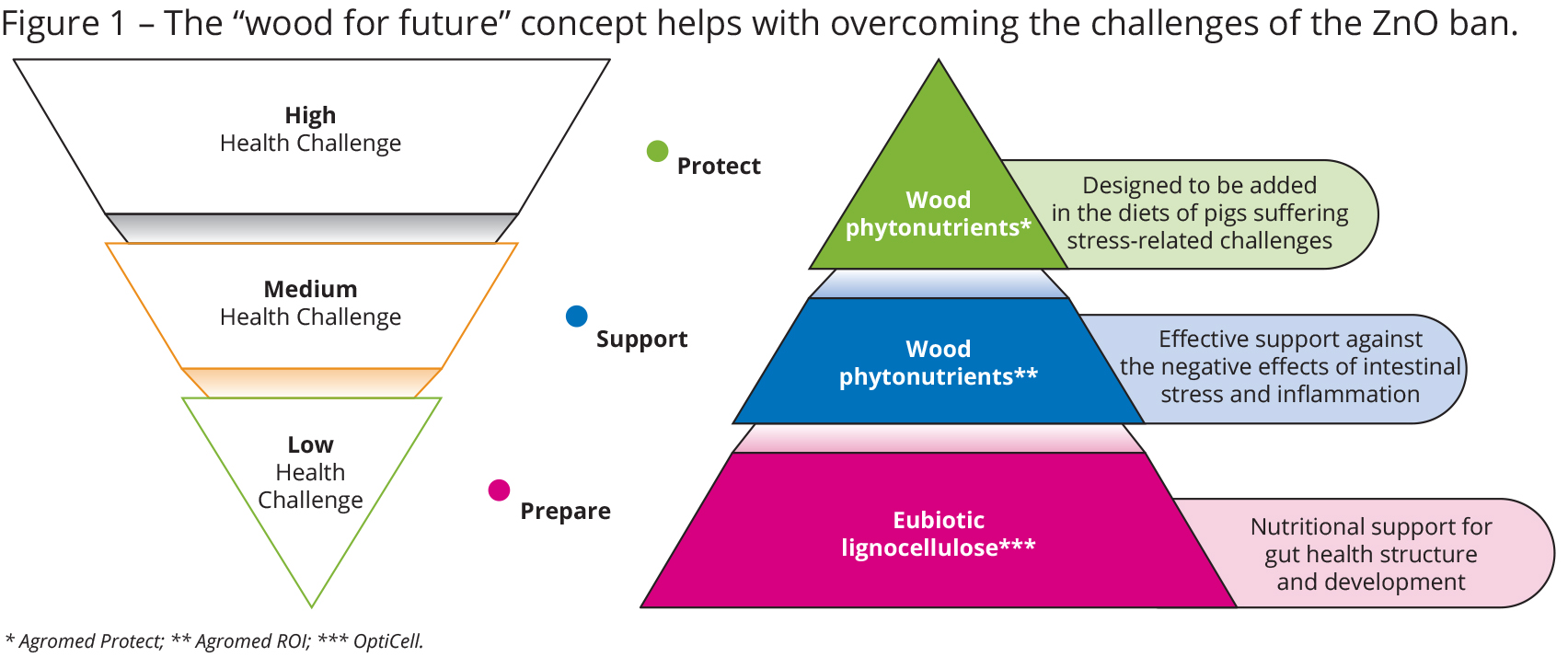
The “wood for future” concept
The concept is a pyramid structure (Figure 1). Key words within the concept are “prepare”, “support” and “protect”. The basis of the pyramid is eubiotic lignocellulose.
Eubiotic lignocellulose provides nutritional physiological support to maintain and improve health, structure and development of the gastrointestinal tract. The best possible gut development and health prepares the animal for its productive life.
In a second step, as a support measure, wood-based bioactives (lignans) are used to support the animal against the negative effects of intestinal stress and inflammatory challenges.
At the top of the pyramid stand the keywords “prevention” and “protection”. Prevention and protection from diarrhoea are achieved by wood bioactives in the form of a combination of wood lignans and phenolic acids. This combination is mainly used as a prevention from intestinal disturbance and can help combat the root causes of diarrhoea as well as ease the consequences of diarrhoea on-farm.
Although the ban of ZnO puts pig producers in a challenging position, there are alternatives. However, there is not a single solution to the problem, and concepts must be well thought through to avoid problems that might arise from the ban of ZnO in animal diets.
 Beheer
Beheer
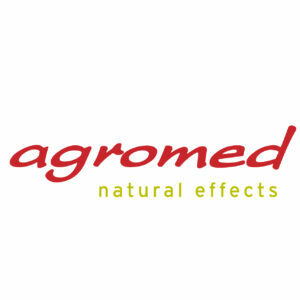
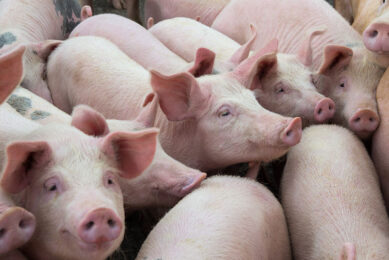
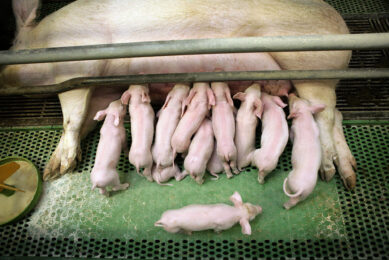
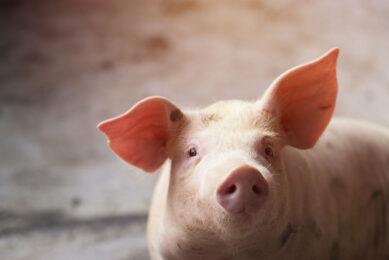
 WP Admin
WP Admin  Bewerk bericht
Bewerk bericht